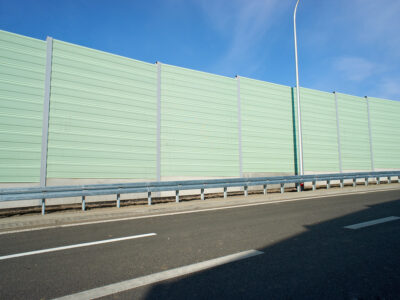Do you know floods are the number one disaster homeowners face each year? Protect your home and avoid a wet basement. If you want to learn about the importance of basement waterproofing, keep reading.
In this guide, you’ll learn more about the advantages of basement waterproofing and what to expect when you waterproof your basement.
Ready to learn more? Check out the rest of the information below.
- Floodproofing Your Basement Protects Your Health
A homeowner with a musty or damp basement may have health problems. Allergens and mold can affect the indoor air quality and affect your lungs.
Mold could grow and take over the foundation and walls in a damp basement. But, if you choose to waterproof your basement, you can remove the threat of mold.
- Avoid Damaged Personal Items
Homeowners often lament after a flood that they wished they were better prepared.
You can lose valuable family heirlooms or furniture in a flooded basement. A lot of people tend to store their overflow items in the basement. Keep your basement dry and protect your belongings.
- You Can Increase Your Home’s Value
Waterproofing is an investment and helps improve your house’s value. In areas where flooding is expected, you should invest in waterproofing. Otherwise, you’ll put your home at risk for foundation cracks.
Homebuyers tend to remain wary of houses with known flooding problems. A basement leak can end up causing permanent damage to your house, and it can lower the value of your home.
A home with a previous foundation or basement leak can have a lower selling price.
Make sure you protect your investment by waterproofing the basement.
- Lower the Risk of Flooding
One major storm could severely impact your house. Waterproofing lowers the risk of flooding because it changes the movement of water. Flooding is a risk to homeowners in Colorado, Texas, and Louisiana (check(.
Waterproofing your house’s foundation keeps the water away from the building. This can lower the risk of water entering your home. For example, French drains end up redirecting water flow.
- You Can Keep Your Basement Dry
Foundation waterproofing will help reduce the amount of water entering a home. It will divert the water and add a waterproof barrier.
Your basement will be a spot for storage or even recreation. Use the space of your basement without being concerned about moisture or leaks.
Look at getting a perimeter drainage channel installed. This will capture floor or wall seepage before hitting the basement floor. Unlike French drainage, a perimeter drainage channel won’t clog with roots or silt.
You could also get a sump pump system to protect your basement.
- Get Rid of Moisture
Moisture in your house will often make it feel hotter in the summer. The water will create an excellent environment for mold.
Water will move upward as it begins to evaporate. This is why houses with a water-logged foundation feel more humid. To reduce moisture, you’ll need to waterproof your foundation.
- You May Save Money
Repairing your foundation before the crack worsens will prevent expensive repairs. Avoid common issues like hydrostatic pressure in your basement.
Waterproofing your basement will save you money in the long run. You will need to cover the initial costs, but you may avoid costly repairs after a flood.
- Prevent Wild Insurance Claims
If you have comprehensive home insurance, the provider covers damages to your house.
Look at waterproofing the place before moving into the house. You won’t need to rely on your insurance provider to recover after a flood.
- You’ll Enjoy Lower Bills
When your home’s damp, the heater will need to work harder to keep the interior warm and comfortable.
Have you noticed your heating bill has begun to increase? You might have an issue with a leaking foundation—waterproof your basement and foundation to keep these bills lower.
You’ll have a more consistent interior temperature, as well.
- Are There Water Stains?
Homeowners who find water stains on the floor mean the water’s somehow getting into the basement.
Water stains on the floor reveal water has begun to seep up through the foundation. It will happen again if you don’t deal with the issue.
If you move into a new house, look for stains. Don’t assume it’s from a spill or something. Call a professional to inspect the basement and begin planning waterproofing measures.
- Are There Musty Odors?
Musty odors signify you’re dealing with water leakage in your basement. Mildew or mold will form in hard-to-see areas, causing health issues.
Even if you don’t see mold, if you’ve begun to smell a musty odor, you might have a problem—waterproof your basement to prevent the bad smell and issues following mold exposure.
- Bowed Walls
The integrity of your basement depends on the soil around it. Soil can absorb moisture, and it will tend to swell after heavy rain. Then, the soil will contract, putting pressure on the basement walls.
Expanding soil can push the walls inward, creating bowed walls. This can impact the structural integrity of your house. If you’re worried this occurred, check the alignment of your basement walls after a rainstorm.
Waterproof Your Basement Today
Did you find this guide helpful on the importance of basement waterproofing?
You should contact a professional and begin the process of waterproofing your basement. Protect your investment, and spark the interest of future home buyers.
Basement flooding occurs in certain states. Waterproof your basement as soon as possible.
Need more helpful tips like this article? Check out our home or real estate section to learn more about protecting your home.












Comments